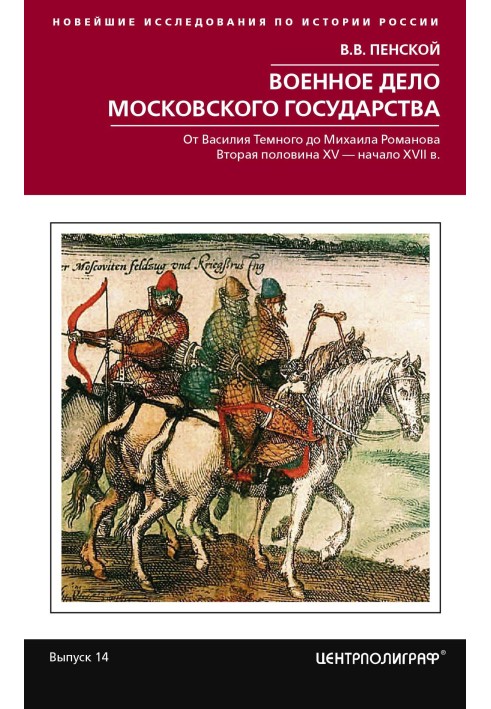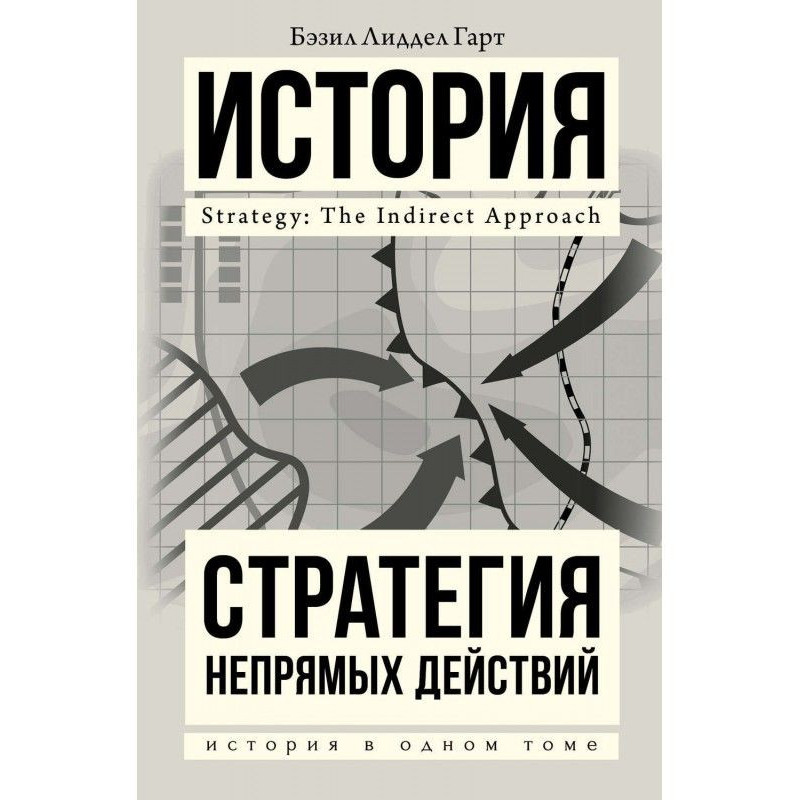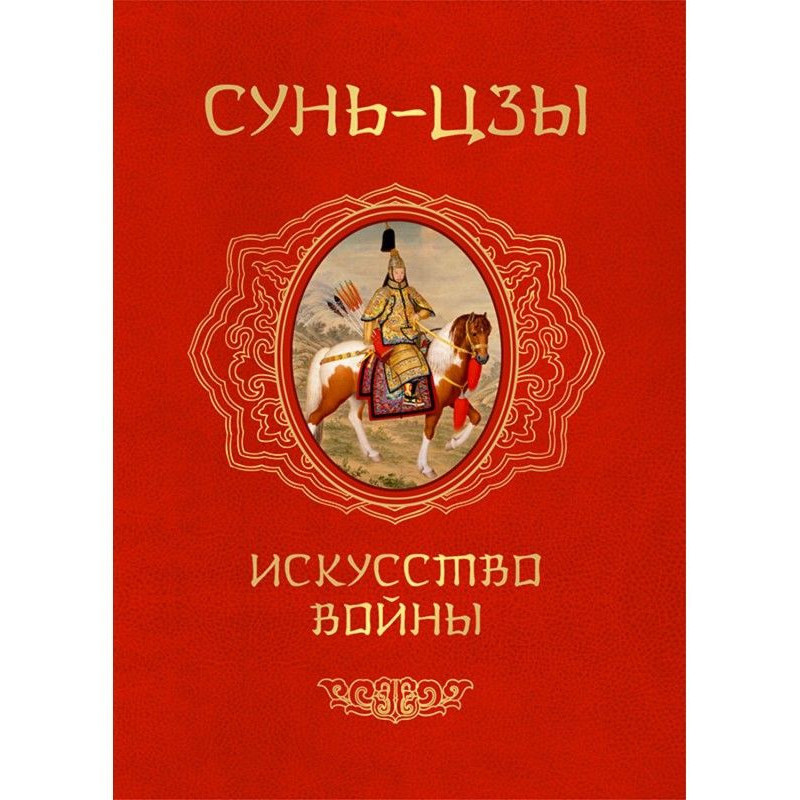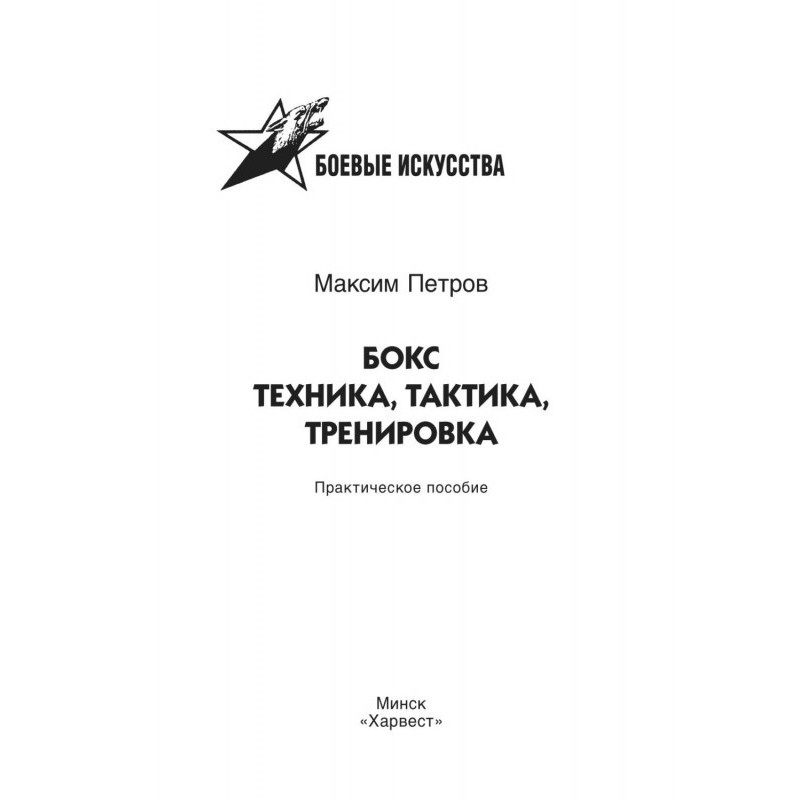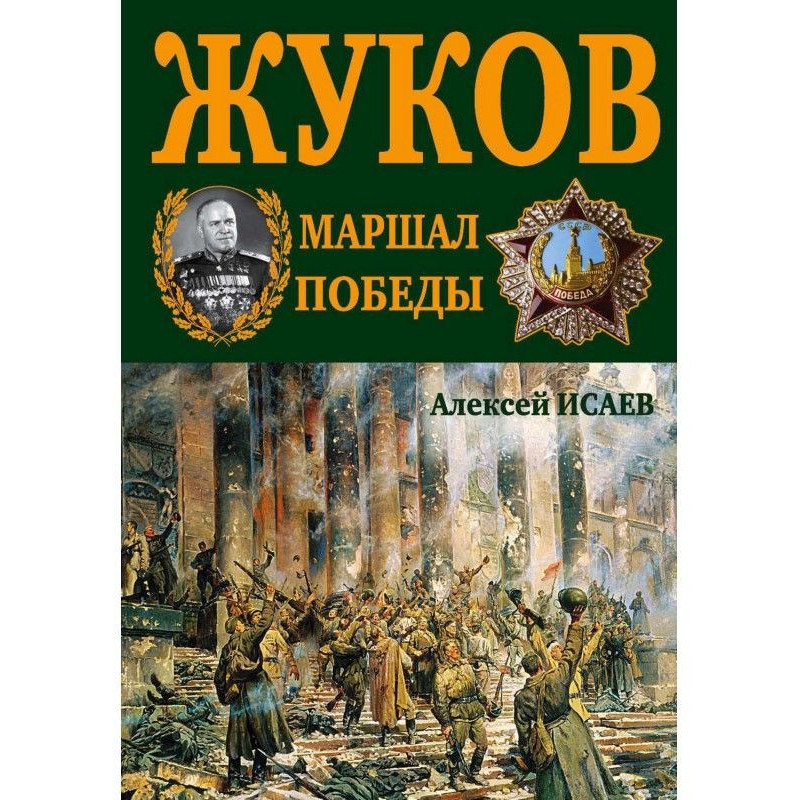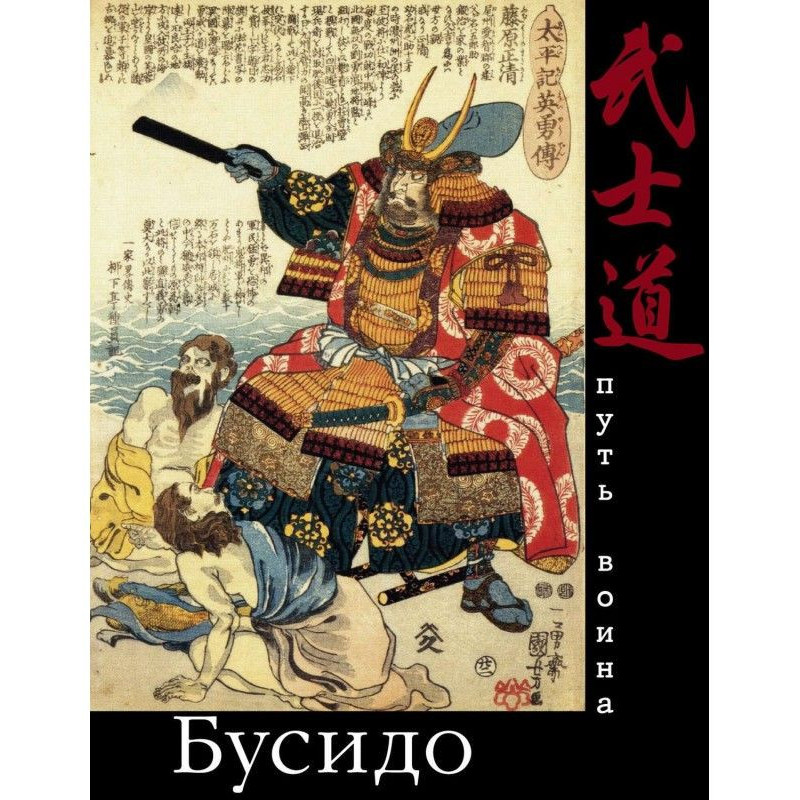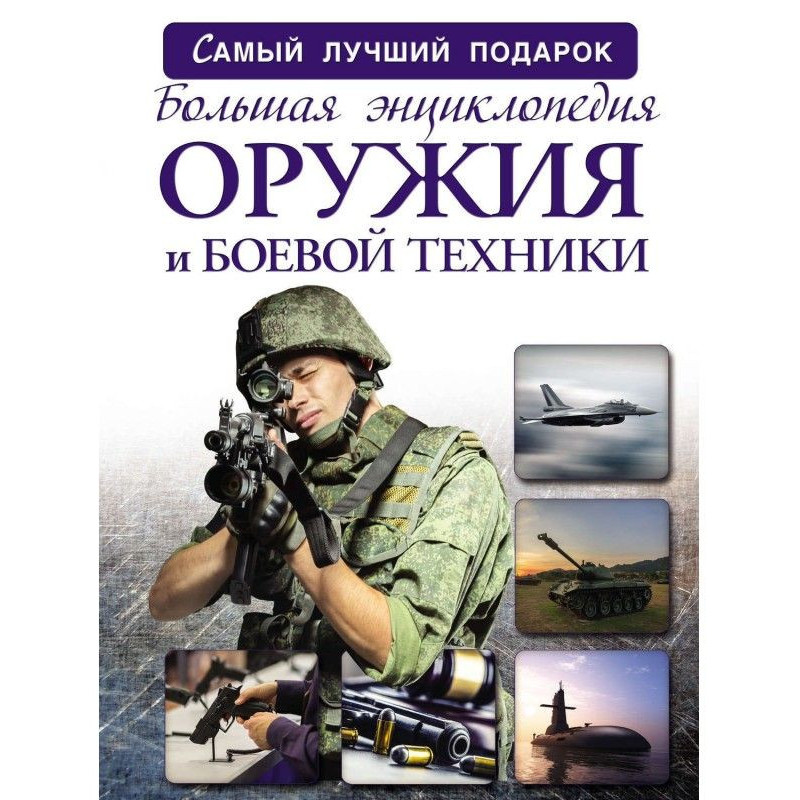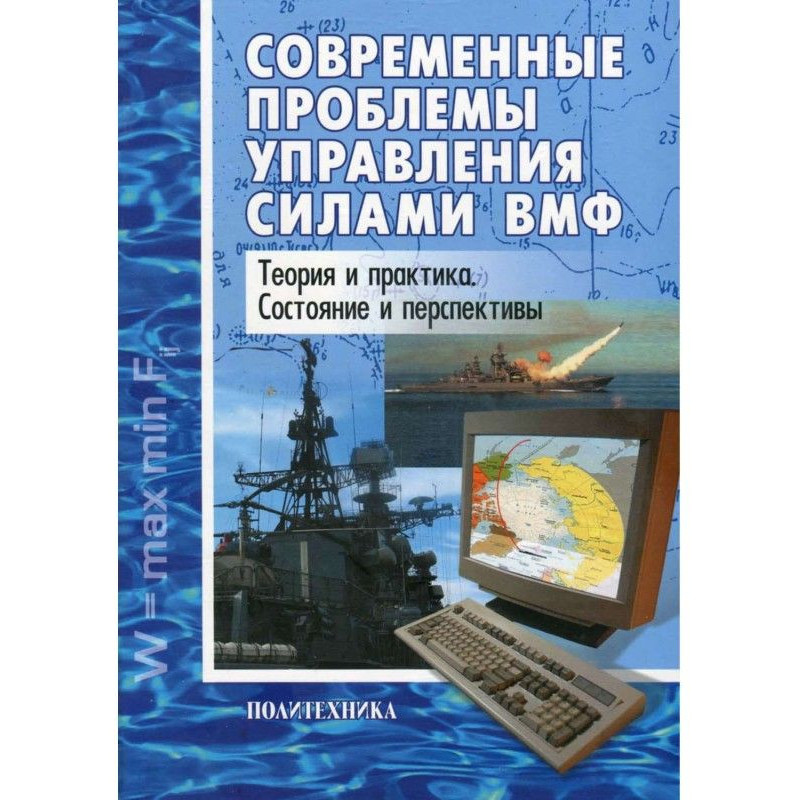Military affairs of the Moscow state. From Vasily the Dark to Mikhail Romanov. Second half of the 15th – beginning of the 17th c
 Instant download
Instant download
after payment (24/7)
 Wide range of formats
Wide range of formats
(for all gadgets)
 Full book
Full book
(including for Apple and Android)
For a long time, Russian public opinion has established a view of the military affairs of the Russian state of the early modern era (second half of the 15th - late 17th centuries) as something archaic, primitive and backward. The vivid image of a Moscow military man, who dreamed of serving the sovereign without taking his saber out of its scabbard, formed in Peter’s time, had an indelible impression on subsequent generations of domestic historians, who disdainfully assessed the level of development of Russian military affairs in the Moscow era. Meanwhile, such derogatory assessments are in clear contradiction with historical reality. Over two and a half centuries, from the mid-15th to the end of the 17th century, the Russian state achieved considerable success in the foreign policy field: it not only conquered three Tatar “kingdoms”, defeated the Polish-Lithuanian state in the two-hundred-year war, but also became an empire itself. It would have been impossible to achieve such impressive successes without having at one’s disposal a reliable and effective “last argument of the kings” - a good, combat-ready army and an appropriate level of development of military affairs. But what was this very “last argument” of the Moscow sovereigns, thanks to which they managed to achieve such impressive successes? This question is answered by the book of Doctor of Historical Sciences, Professor V.V. Pensky, which tells about what Russian military affairs was like in the second half of the 15th - early 17th centuries, when the Moscow military machine was created and tested in numerous battles and campaigns. This study is not about battles, but about the history of military affairs: the size of the sovereign’s army, the features of its structure and management, logistics, military finance, tactics and strategy, siege warfare, weapons and much more.
Data sheet
- Name of the Author
- Виталий Пенской Викторович
- Language
- Russian

